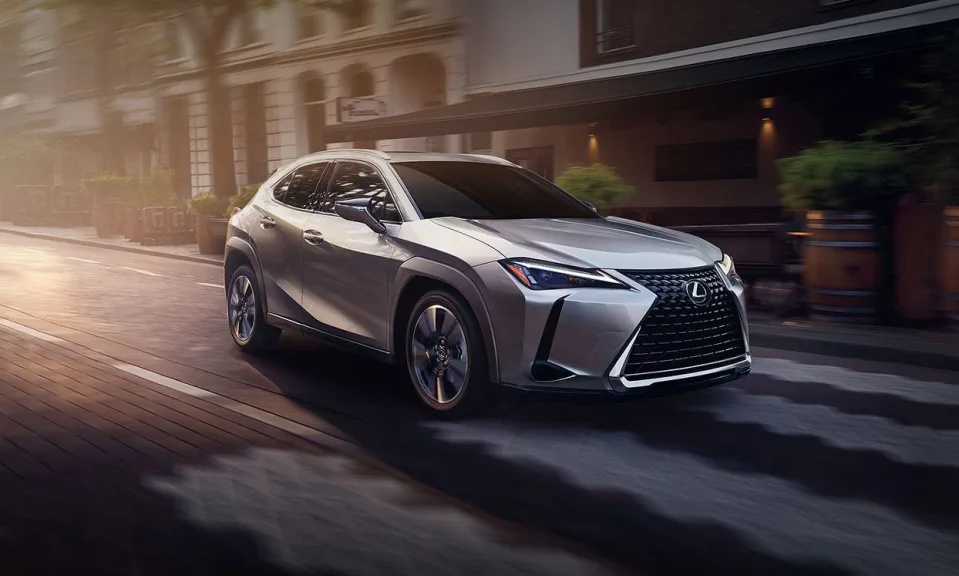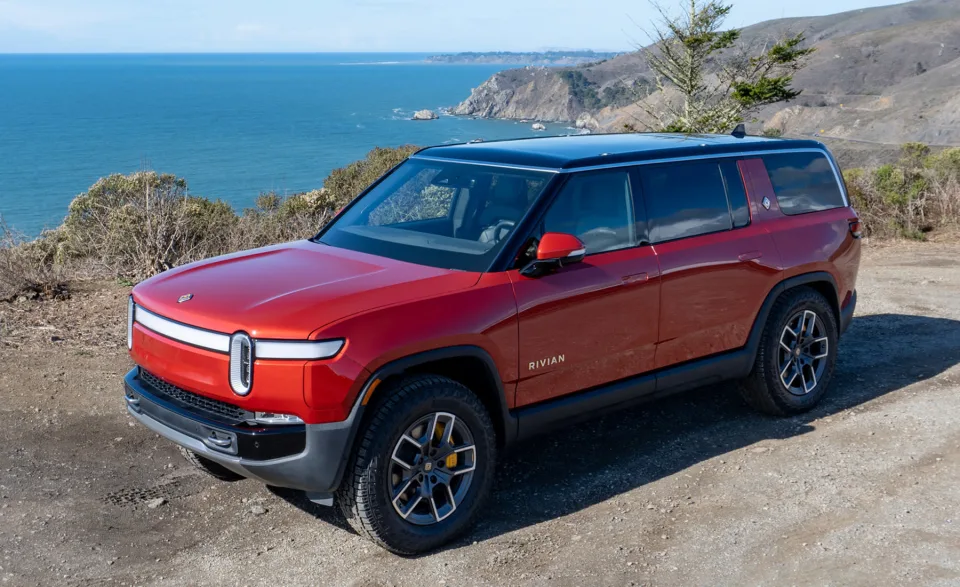Consumer Reports has released an extensive vehicle reliability ranking, revealing challenges in the dependability of electric vehicles (EVs) and plug-in hybrids. According to the survey, electric vehicles experience 79 percent more maintenance issues than their gas- or diesel-powered counterparts, while plug-in hybrids encounter a significant 146 percent increase in problems. These issues underscore the industry’s struggles with the relatively new technology, occurring amidst escalating global temperatures and urgent warnings from scientists regarding impending deadlines to avert a climate crisis.
The survey, which involved CR’s members reporting issues with their vehicles over the past year, gathered data on 330,000 vehicles. The data spanned models from 2000 to 2023, including a few early-launched 2024 models. CR examined 20 “trouble areas,” ranging from minor concerns like squeaky brakes or broken interior trim to more substantial problems related to transmission, engine, or EV battery issues. The number of potential trouble areas varies by vehicle type: internal combustion engine (ICE) vehicles have 17, EVs have 12, traditional hybrids have 19, and plug-in hybrids have all 20.
To assess each brand, the publication combined the survey data with its own track testing, owner satisfaction survey results, and safety information, averaging them to assign a numerical score out of 100.

Non-plugin hybrids demonstrated strong performance, experiencing 26 percent fewer issues than gas- and diesel-powered vehicles, as highlighted by the survey. Consumer Reports identified the most reliable brands in this category, such as Lexus’ UX and NX Hybrid, along with Toyota’s Camry Hybrid, Highlander Hybrid, and RAV4 Hybrid.
In contrast, plug-in hybrids (PHEV) faced challenges, with 146 percent more problems than traditional gas-powered vehicles. Notable low performers included the Chrysler Pacifica, receiving a dismal score of 14 out of 100, and the Audi Q5. Nevertheless, some PHEVs exceeded expectations, with standouts like the Toyota RAV4 Prime and Kia Sportage. Others, like the BMW X5, Hyundai Tucson, and Ford Escape, achieved an “average” reliability rating.
Fully electric cars and SUVs, anticipated to dominate dealership lots by 2030, achieved mediocre average scores of 44 and 43, respectively. Electric pickups, the latest technology in this segment, predictably scored lower with an average of 30.
Lexus emerged as the top-performing brand among EVs, with all but one of its models earning above-average ratings in CR’s evaluations. Even the exception, the NX, still garnered an average score. Toyota also demonstrated strong performance, with the 4Runner SUV recognized as “among the most reliable models in the survey.” However, the electric Tundra pickup received a lower score. Other EVs with above-average ratings include Acura’s RDX and TLX.

While once closely associated with electric vehicles, Tesla now finds itself with overall scores in the middle tier, comparable to brands like Chevrolet, Buick, Ram, Cadillac, and Dodge. Consumer Reports notes that the EV powertrains led by Elon Musk tend to outperform those of traditional automakers. However, Ars Technica highlights that Tesla’s reliability scores faced challenges in areas such as bodywork, paint/trim, and climate systems.
Examining the survey regionally, Asian automakers achieved the highest average scores at a robust 63. European companies secured the second position with an average score of 46, while US brands lagged behind with a somewhat disappointing score of 39.




